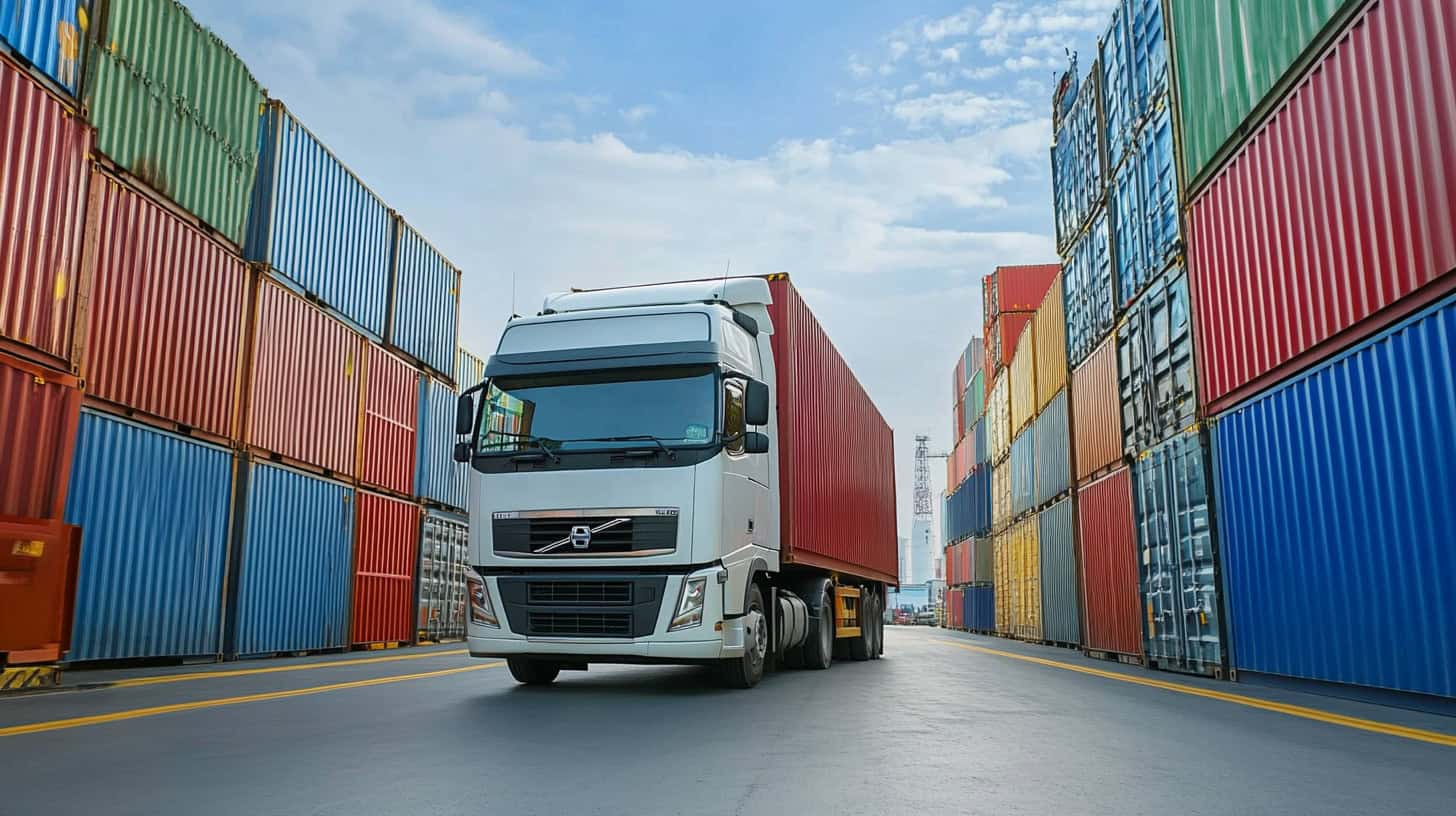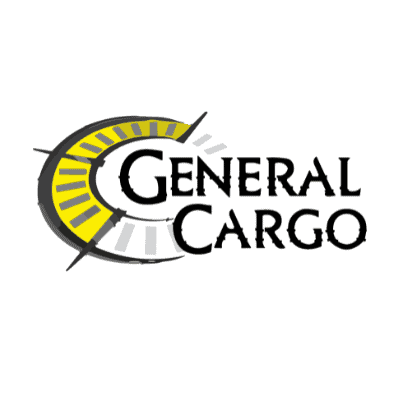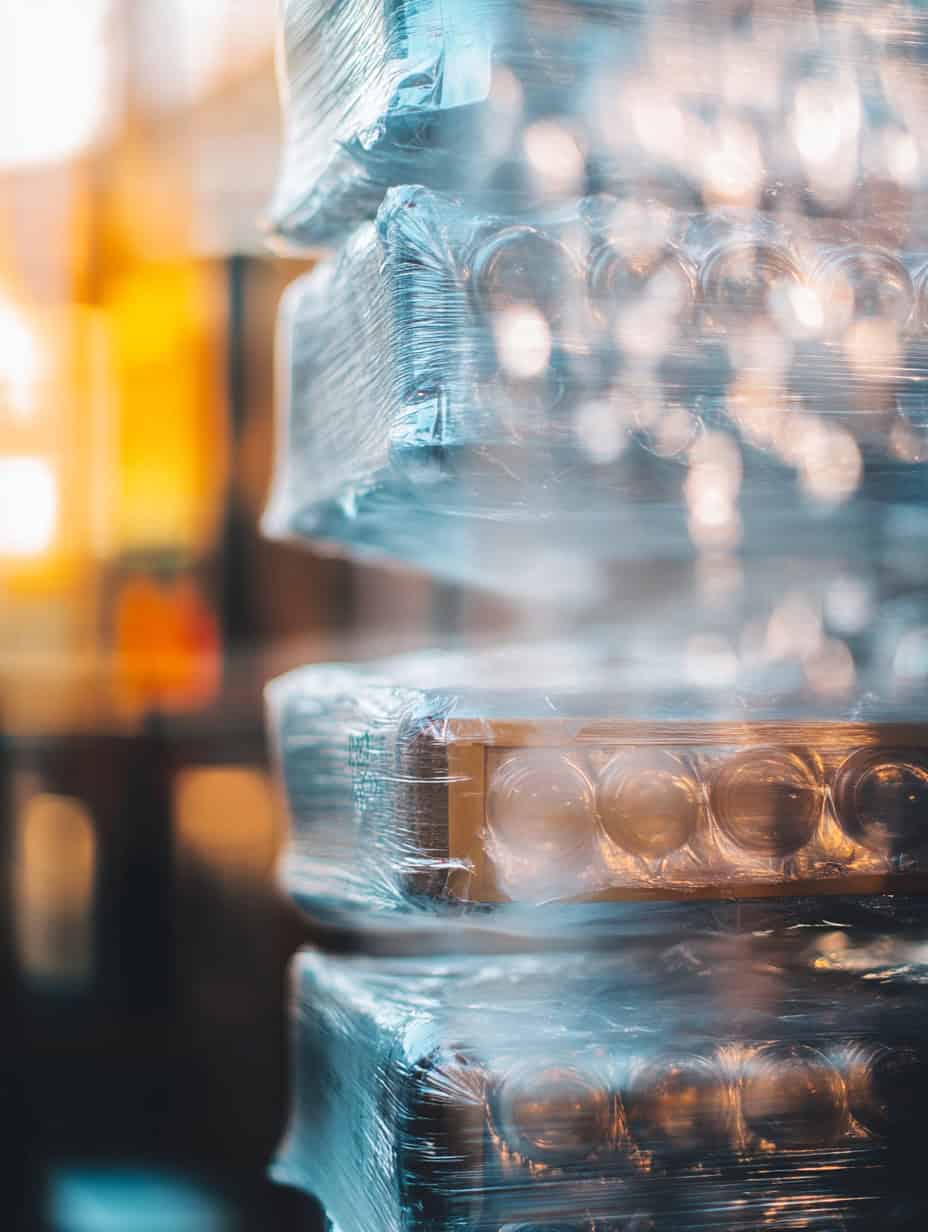
The Fragile Industry: Navigating Challenges in Glass, Ceramics, and Delicate Goods Transportation
The fragile industry, encompassing sectors such as glass materials, decorations, furniture, porcelain, and ceramics, plays a crucial role in both industrial and consumer markets. This sector faces unique challenges, particularly in logistics and transportation, due to the delicate nature of its products. As we delve into the intricacies of this industry, we’ll explore its current state, key trends, challenges, and how specialized logistics providers like General Cargo are instrumental in supporting its growth and efficiency.
Current State of the Industry
The global fragile goods market, including glass, ceramics, and delicate furniture, is experiencing steady growth. The glass industry alone is projected to reach $171.6 billion by 2027, growing at a CAGR of 4.3% from 2020 to 2027. Similarly, the global ceramics market is expected to hit $407.72 billion by 2025, with a CAGR of 8.6% from 2019 to 2025. These figures underscore the significant economic impact and growth potential of the fragile industry.
Key Trends Shaping the Fragile Industry
Sustainability and Eco-friendly Materials
Technological Advancements
Customization and Personalization
E-commerce Growth
Smart Glass and Ceramics
Challenges Facing the Fragile Industry
Transportation and Logistics
Packaging Innovations
Supply Chain Disruptions
Regulatory Compliance
Competition from Alternative Materials
The Role of Specialized Logistics in the Fragile Industry
Given the delicate nature of products in this industry, specialized logistics play a crucial role in ensuring the safe and efficient transportation of fragile goods. This is where companies like General Cargo come into play, offering tailored solutions to meet the unique needs of the fragile industry.
How General Cargo is Supporting the Fragile Industry
General Cargo, with its extensive experience in global freight forwarding and specialized handling, has positioned itself as a key partner for manufacturers and distributors in the fragile industry. Here’s how General Cargo is helping the industry navigate its current challenges:
- Comprehensive Logistics Solutions General Cargo offers a full spectrum of logistics services tailored to the fragile industry, including:
- Transportation Management: Utilizing road, air, sea, and rail options to ensure the safe movement of delicate goods.
- Warehousing and Fulfillment: Strategic locations across Europe for optimal inventory management and distribution, with specialized handling for fragile items.
- Customs Clearance and Documentation: In-house services to navigate complex international trade regulations, which is particularly crucial for high-value fragile goods.
- Returns Management: Supporting the entire lifecycle of products, including efficient and careful handling of returns.
-
- Strategic European Network
-
- Specialized Handling for Fragile Goods
- Custom packaging solutions for different types of fragile goods
- Specialized loading and unloading procedures to minimize handling and reduce breakage risk
- Temperature and humidity-controlled transportation for sensitive materials
- Advanced Technology Integration General Cargo leverages advanced technology to provide visibility and control throughout the supply chain. This includes:
- Real-time tracking of shipments, crucial for monitoring the condition of fragile goods
- Advanced analytics for continuous improvement of logistics processes and reduction of damage rates
-
- Customized Solutions for E-commerce
- Specialized packaging for individual item shipments
- Integration with e-commerce platforms for seamless order fulfillment
- Last-mile delivery options with careful handling protocols
-
- Sustainability Initiatives
- Optimizing routes for reduced emissions
- Using recyclable and sustainable packaging materials
- Supporting the reverse logistics needs of circular economy initiatives in the fragile goods sector
-
- Risk Management and Insurance
- Specialized insurance coverage for fragile goods transportation
- Risk assessment and mitigation strategies for different types of fragile products
- Transparent claims process in case of any damages
-
- Regulatory Compliance Support
Case Study: Supporting a Leading Glass Manufacturer
To illustrate General Cargo’s impact on the fragile industry, consider their partnership with a leading European glass manufacturer. This company faced significant challenges in transporting their delicate products across Europe, experiencing high breakage rates and customer dissatisfaction.General Cargo developed a customized logistics solution that included:
- Specialized packaging designed specifically for different glass products
- A carefully planned transportation route utilizing a combination of road and rail transport to minimize handling
- Real-time tracking and temperature monitoring throughout the journey
- Dedicated handling teams at each transfer point trained in fragile goods management
The results were significant:
- Breakage rates reduced by 60%
- Transit times improved by 25%
- Customer satisfaction scores increased by 40%
- Overall logistics costs reduced by 15% due to fewer replacements and more efficient routing
This case study demonstrates how specialized logistics solutions can significantly impact the bottom line and customer satisfaction in the fragile industry.
Future Outlook for the Fragile Industry
Looking ahead, the fragile industry is poised for continued innovation and growth:
IoT and Smart Packaging
3D Printing
Augmented Reality in Logistics
Augmented Reality in Logistics
Circular Economy Models
Conclusion
The fragile industry, with its unique challenges and opportunities, stands at the intersection of artistry, technology, and logistics. As manufacturers continue to innovate in materials and design, the role of specialized logistics providers like General Cargo becomes increasingly critical.
By offering comprehensive, technology-driven logistics solutions tailored to the unique needs of fragile goods manufacturers, General Cargo is helping to ensure that these delicate products can be safely and efficiently distributed across global markets. Their expertise in handling, packaging, and transportation of fragile items not only reduces breakage and costs but also opens up new possibilities for manufacturers to expand their reach and explore new market opportunities.
As the industry continues to evolve, the partnership between innovative fragile goods manufacturers and specialized logistics providers will be key to driving success in this challenging yet rewarding sector. The ability to safely transport delicate items across long distances, navigate complex regulatory environments, and meet the demands of a growing e-commerce market will be crucial factors in determining which companies thrive in the years to come.
In this context, logistics partners like General Cargo are not just service providers but strategic allies in the quest for innovation, efficiency, and growth in the fragile goods industry. As we look to the future, the integration of advanced technologies, sustainable practices, and flexible logistics solutions will be essential in shaping a more resilient, efficient, and customer-centric fragile goods sector.














